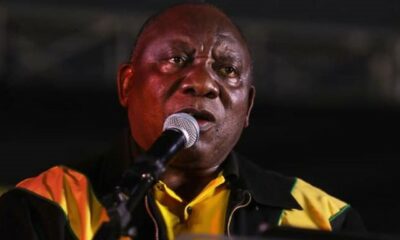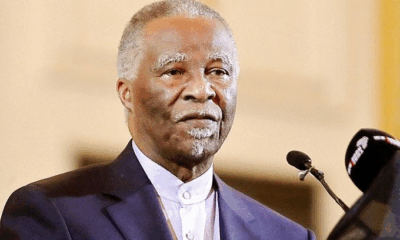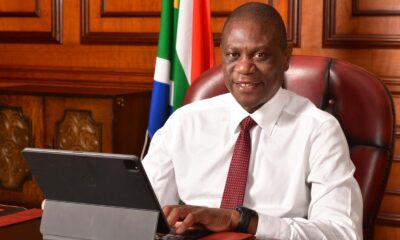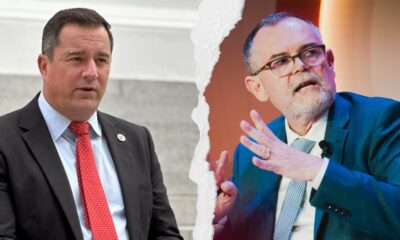News
Old Rivalries, New Flashpoints: Why the Ramaphosa-Mbeki Tensions Are Back in the Spotlight
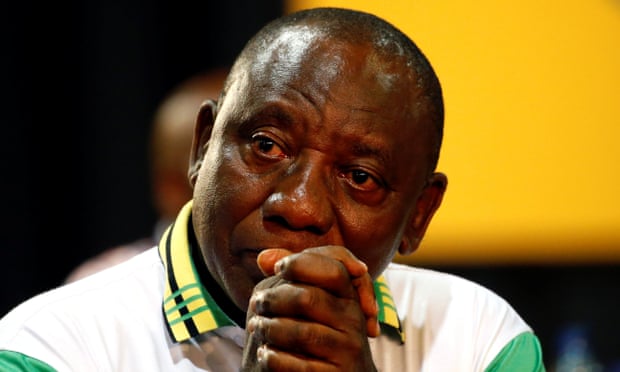
The tension between President Cyril Ramaphosa and his predecessor Thabo Mbeki has always been something of an open secret in South African politics. Now, with six prominent legacy foundations walking away from the upcoming National Dialogue, that decades-old friction is once again bubbling to the surface.
Foundations walk out over ‘government takeover’
The Thabo Mbeki Foundation, Steve Biko Foundation, FW de Klerk Foundation, Chief Albert Luthuli Foundation, Oliver & Adelaide Tambo Foundation, and Desmond & Leah Tutu Legacy Foundation have all pulled the plug on their involvement in the National Dialogue preparations.
Their gripe? What was meant to be a citizen-led process, grounded in broad consultation, is now, they say, being fast-tracked under government control. For them, the spirit of the project has been lost.
Ramaphosa, however, is pushing ahead. He has made it clear that the convention will go ahead this week, even without the involvement of the foundations.
The roots of the rivalry
Political analysts point out that this latest standoff is not just about the Dialogue. It’s a continuation of a personal and political history that stretches back to the early 1990s, during South Africa’s fraught transition to democracy.
In those days, Mbeki, with Jacob Zuma as his deputy served as the ANC’s chief negotiator in talks with the apartheid government. But he was abruptly replaced by a rising figure in the party: Cyril Ramaphosa, who was assisted by Mohammed Valli Moosa.
The reshuffle was seen by many as a snub to Mbeki and Zuma, and as a sign of Ramaphosa’s rapid ascent into Nelson Mandela’s trusted inner circle. That climb continued when Ramaphosa was elected ANC secretary-general in 1991.
Mandela’s choice and the party’s
Insiders recall that Mandela himself initially wanted Ramaphosa as his deputy and eventual successor. But the ANC old guard, deeply loyal to Mbeki, who had been Oliver Tambo’s right-hand man in exile, pushed back.
In the end, Mandela yielded to the party’s will, bolstered by advice from leaders like Kenneth Kaunda and other SADC figures, who reminded him that Tambo had envisioned Mbeki as the heir to the presidency.
Why the left turned against Mbeki
According to political scientist Prof Dirk Kotzé, Mbeki’s removal as chief negotiator was largely orchestrated by the ANC’s left wing, particularly senior members of the South African Communist Party.
They distrusted Mbeki’s approach, seeing him as too willing to engage in quiet talks with Afrikaner leaders at a time when the SACP wanted full-scale insurrection. These tensions even led to Mbeki dropping his SACP membership altogether.
From Mbeki’s perspective, Kotzé says, the memory of being sidelined in such a pivotal moment of history is not something easily forgotten.
Why this clash matters now
Kotzé speculates that Mbeki’s withdrawal from the National Dialogue is not just about process, but about principle and perhaps a sense of ownership. “He’s almost a father figure to this project,” Kotzé notes. “The foundations were central in shaping it, but recently the government has taken over. That’s not something the Mbeki Foundation, or Mbeki himself, would welcome.”
For ordinary South Africans, the walkout raises questions about whether the Dialogue, intended to unite the country in tackling its challenges, can truly be inclusive if key moral voices refuse to take part.
And for political watchers, it’s a reminder that in South African politics, the past is never really past. Old rivalries have a way of resurfacing, especially when history’s wounds are left to fester.
{Source: The Citizen}
Follow Joburg ETC on Facebook, Twitter , TikTok and Instagram
For more News in Johannesburg, visit joburgetc.com

